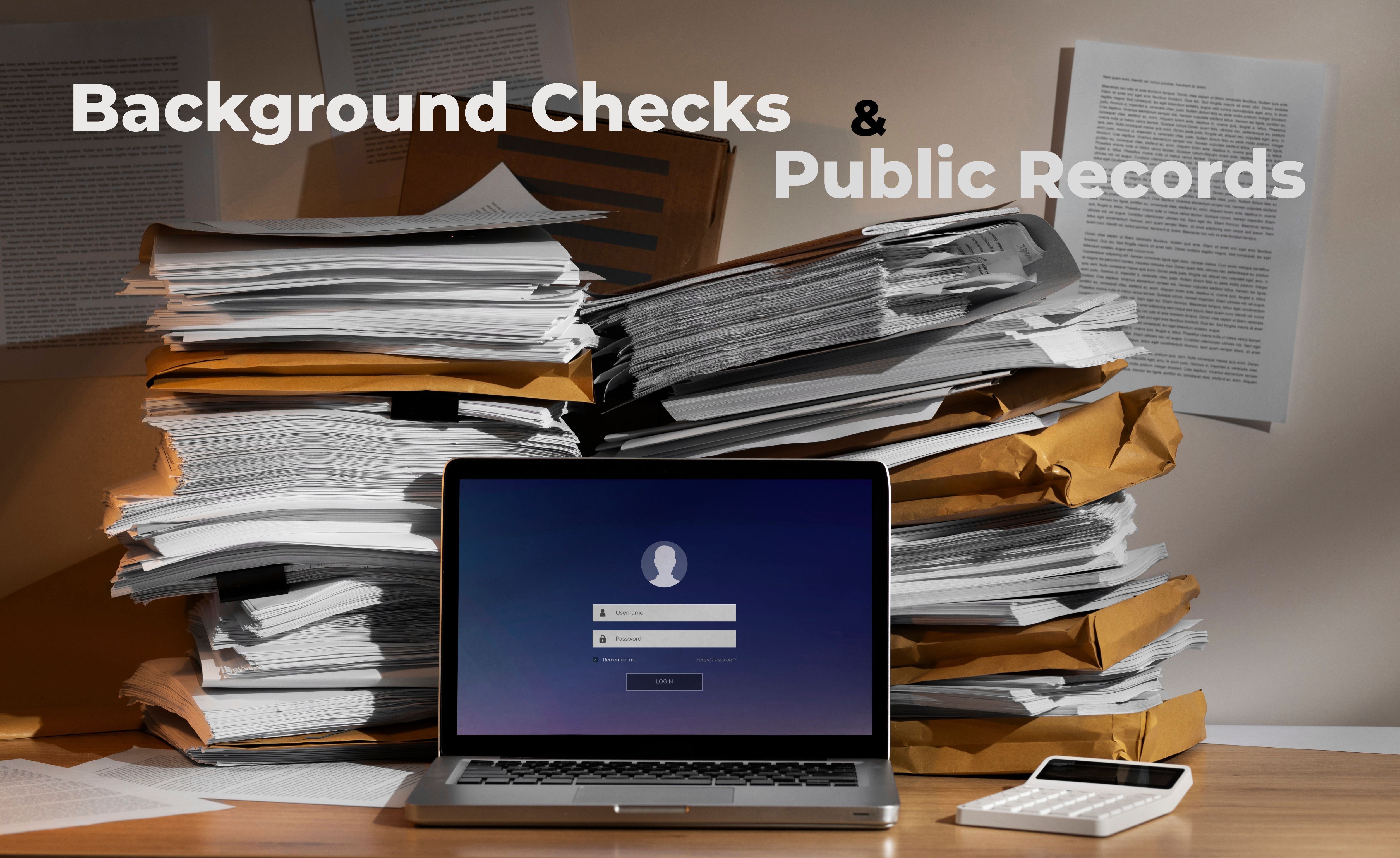
Background Checks
A background check is a process used to verify a person’s identity, history, and qualifications. They can include details such as criminal records, employment history, education, credit reports, and more. Employers, landlords, and even individuals often use them to assess trustworthiness or suitability for a specific role or responsibility.
Public Records
Public records are documents or pieces of information that are not considered confidential and are available to the general public. These records include things like property ownership, court records, marriage and divorce records, voter registrations, and business licenses. Public records are maintained by government agencies and are often used for transparency and accountability.
The Benefits of Background Checks and Public Records
Using background checks and public records responsibly offers several advantages, helping individuals and organizations make informed decisions.
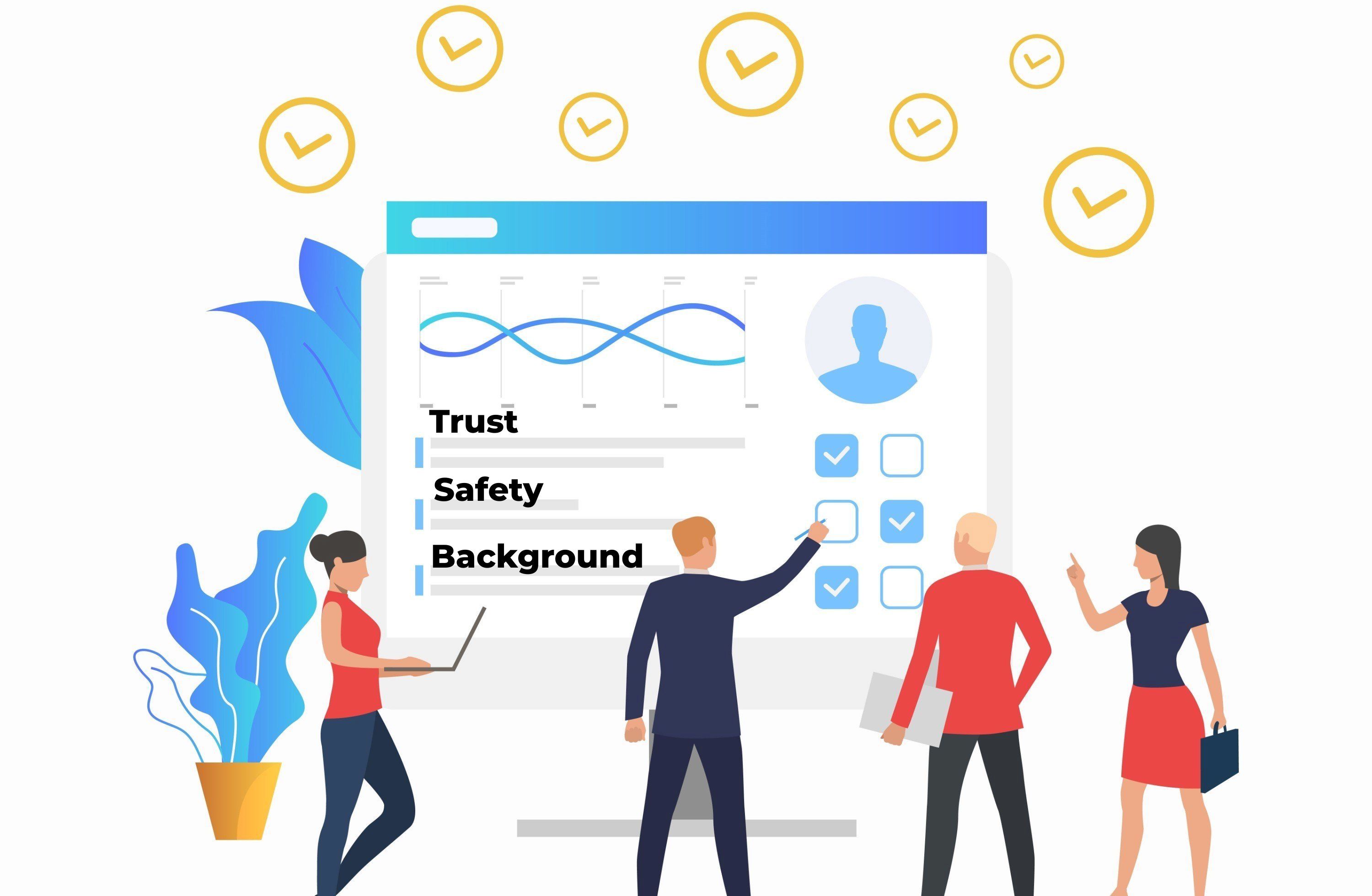
Enhance Trust and Safety
- Employers can ensure they’re hiring qualified, trustworthy candidates.
- Landlords can screen tenants for reliable rental histories.
- Parents can check the background of caregivers or babysitters for peace of mind.
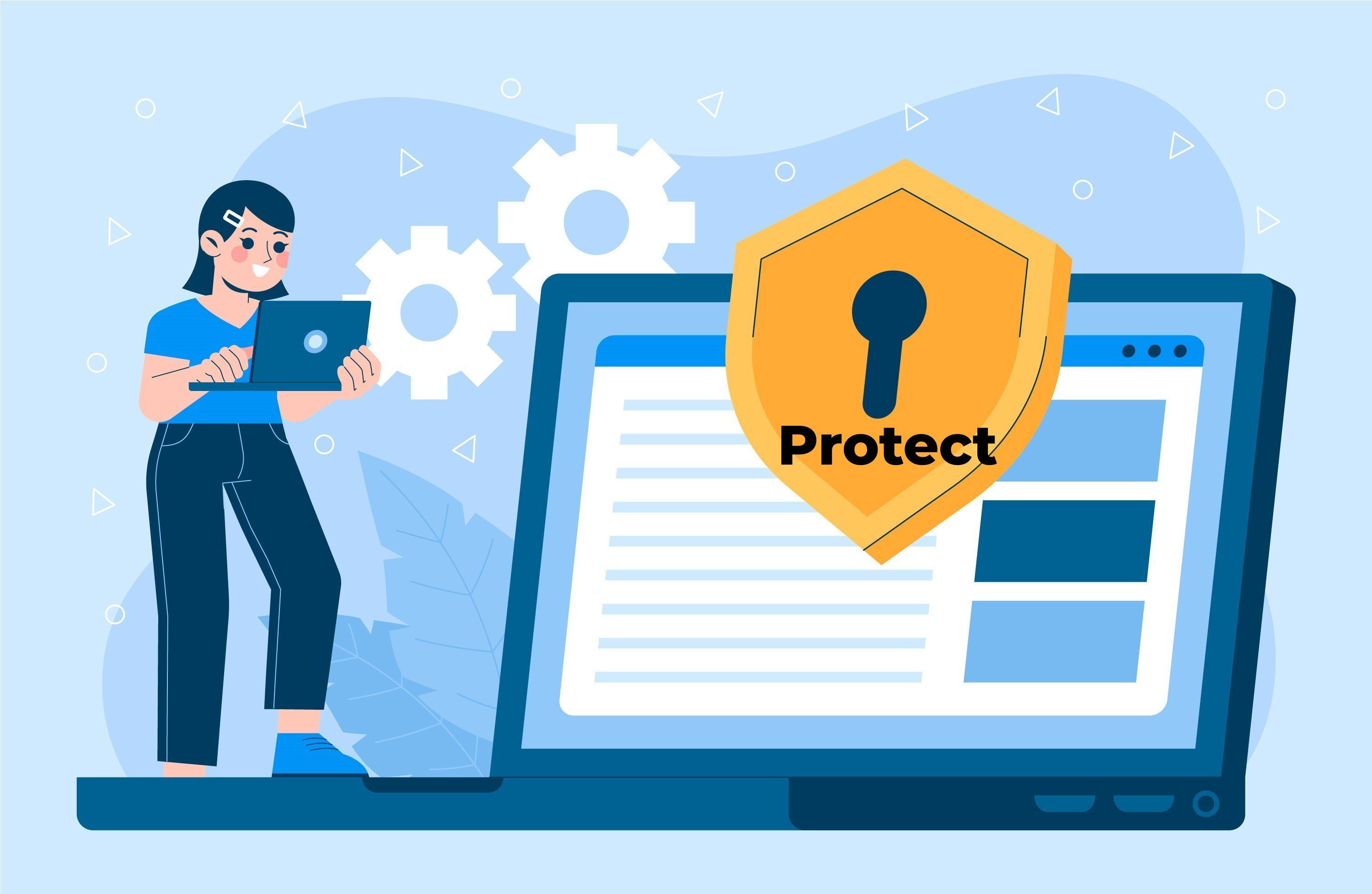
Protect Against Fraud
Background checks can uncover red flags such as falsified credentials or criminal activity, helping businesses avoid costly mistakes.
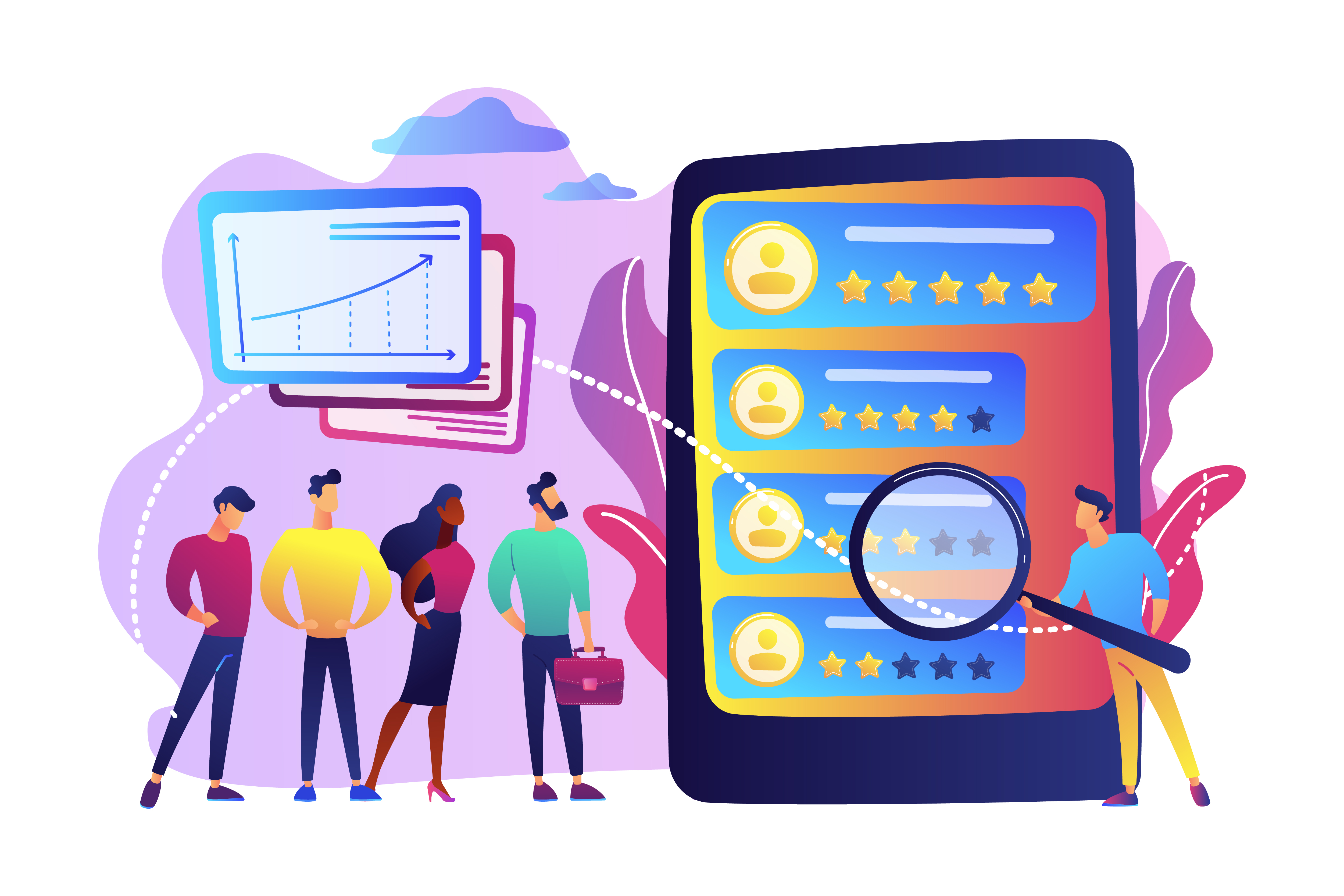
Gain Transparency
Public records provide clarity on matters such as property disputes, legal judgments, or business credibility. They empower people to access important information that impacts their decisions.
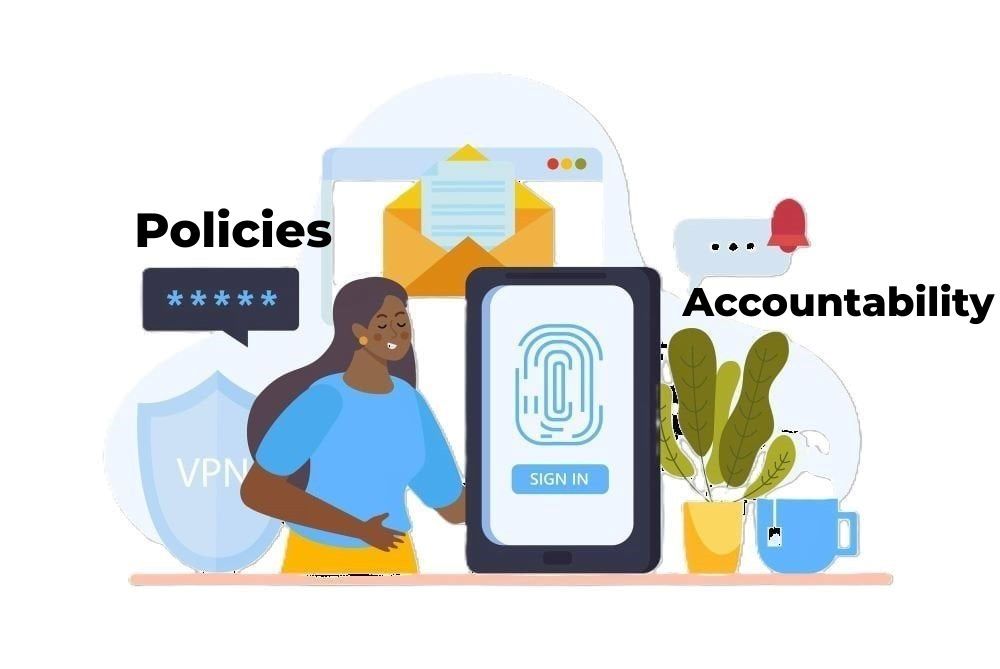
Foster Accountability
Governments maintain public records to ensure accountability and openness, making it easier for citizens to understand policies and actions that affect their communities.
What You Should Know About Background Checks and Public Records
While these tools are powerful, they come with certain nuances and considerations:
For Background Checks
- Types of checks: Background checks vary depending on the purpose. For example, pre-employment checks might focus on criminal history and education verification, while tenant checks might include credit reports and rental history.
- Consent is key: Many background checks require the individual’s consent, particularly when accessing sensitive data like credit reports.
- Compliance matters: Employers must follow the Fair Credit Reporting Act (FCRA) and other laws governing how background checks are conducted.
For Public Records
- Availability varies: Access to public records depends on the jurisdiction. While some records are easily accessible online, others may require in-person visits or formal requests.
- Fees may apply: Certain public records, like property deeds or court transcripts, may come with fees for access or copies.
- Privacy considerations: Not all personal information is public, and laws like the Freedom of Information Act (FOIA) balance transparency with individual privacy rights.
Common Uses for Background Checks and Public Records
Both background checks and public records have a wide range of applications:
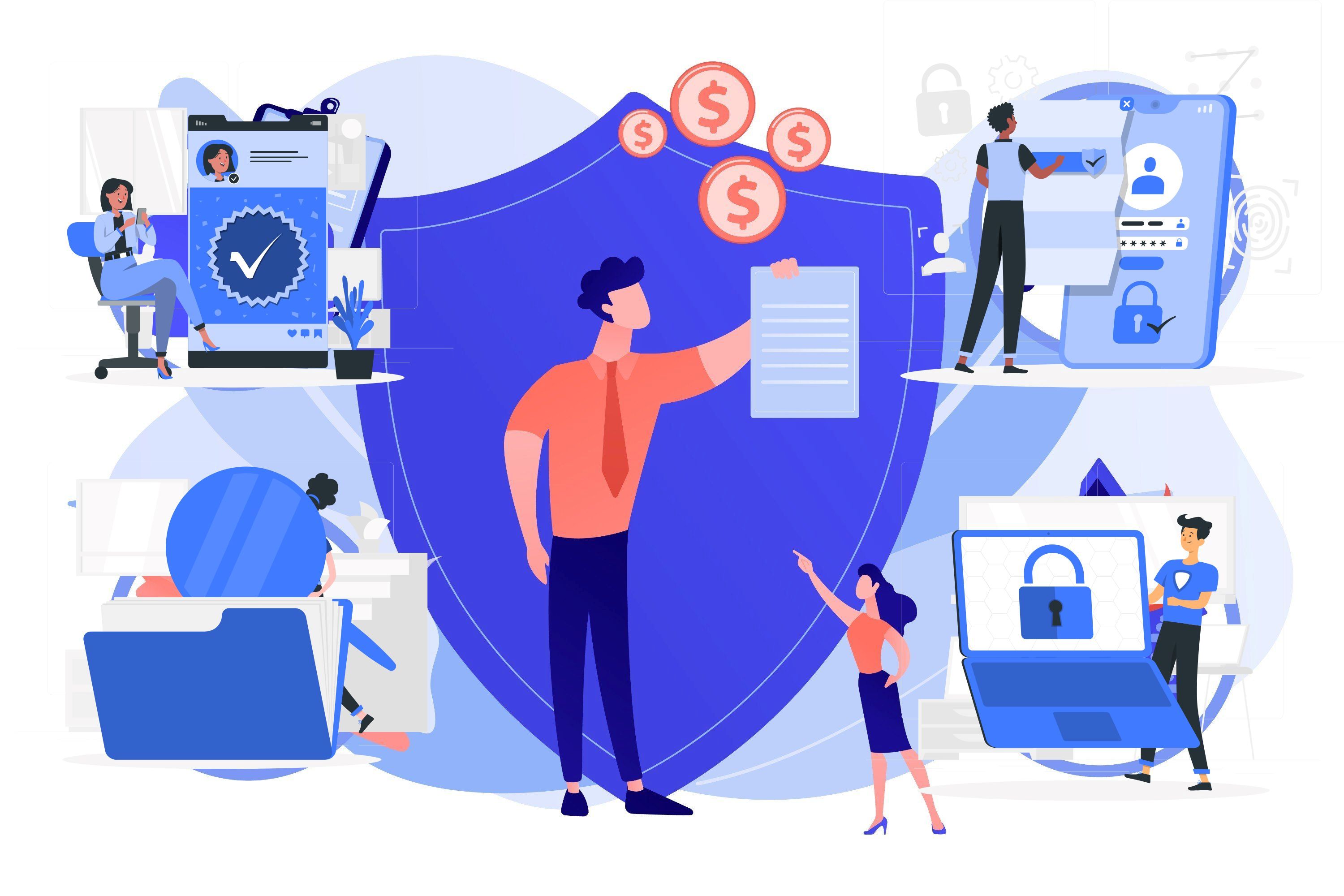
Tips for Using Background Checks and Public Records Responsibly
- Respect privacy: Always ensure you have legal grounds to access someone’s personal information and follow applicable laws.
- Verify accuracy: Cross-check information from multiple sources to avoid acting on outdated or incorrect data.
- Choose reputable services: When conducting background checks, use credible agencies that comply with legal standards.
- Understand limitations: Not all information is publicly available or entirely accurate, so use these tools as part of a larger decision-making process.
